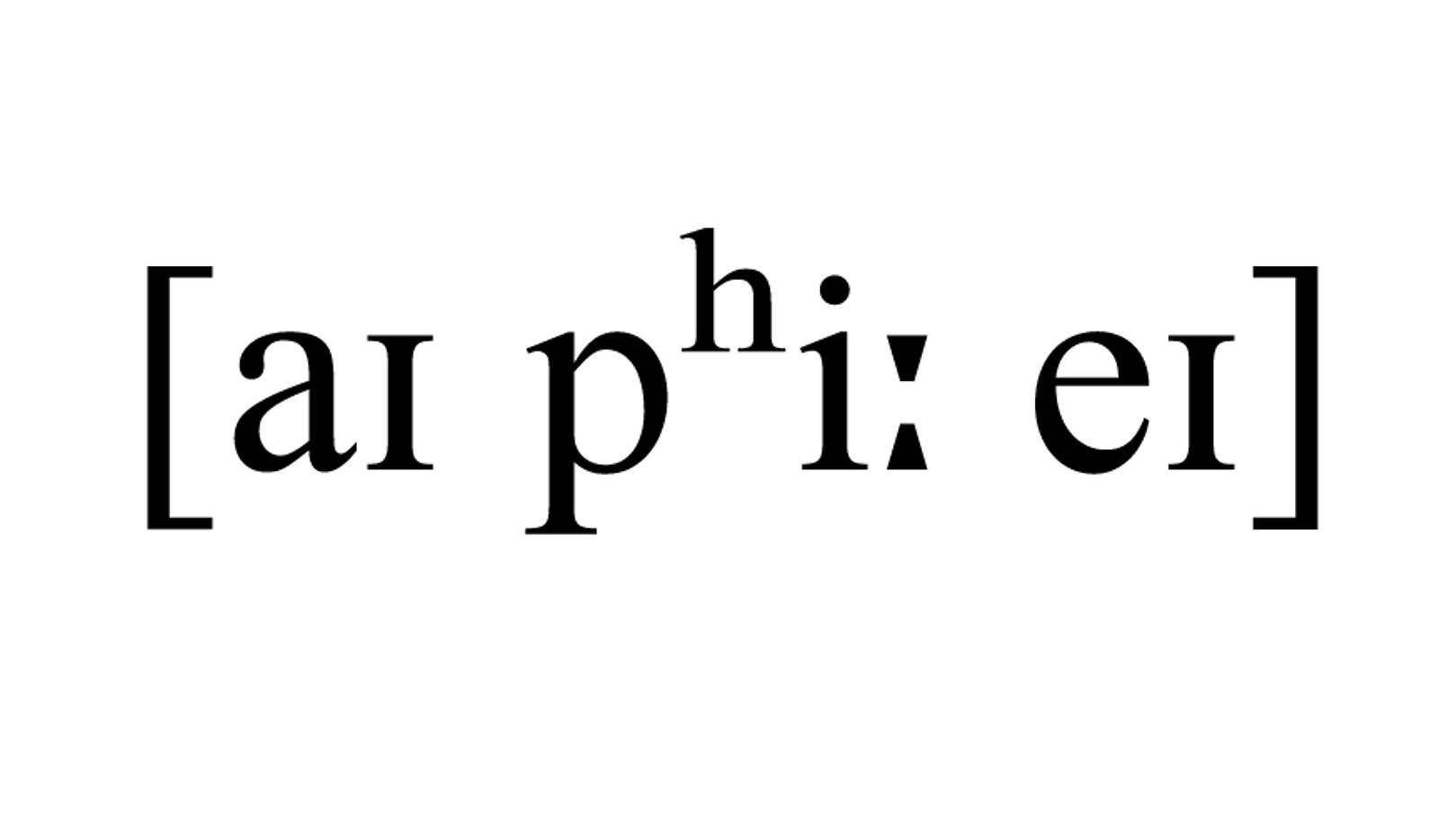So since the blog just recently broke 2,000 followers I thought I’d set up a chat server so that the community can really come together and build something great, because all you guys are fantastic.
Now this is a bit of an experiment as, well, I have no idea how many of the 2,000+ of you are going to be joining the server so it could either be near empty or it could be so teaming with people it’ll be insane, so we’ll see how this works.
Anyhow, don’t be shy, swing by and say hello!


